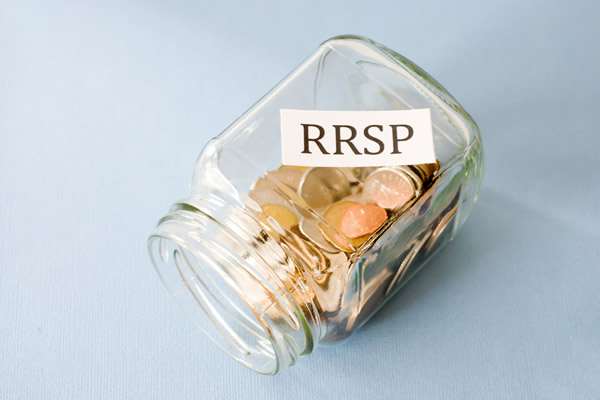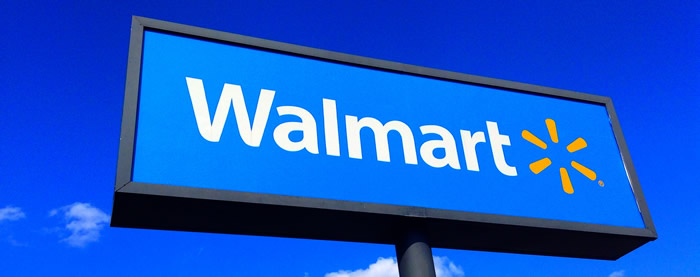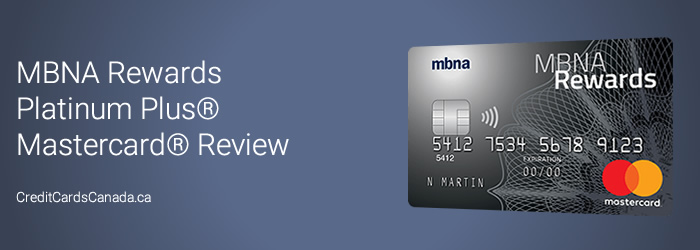
Should I pay down debt or contribute to my RRSP? Although it’s a common dilemma faced by many, there’s no simple answer. It depends on each individual’s financial situation. There are a number of factors to consider.
Contributing to your RRSP and paying down debt both offer benefits – you’ll pay less tax when you contribute to your RRSP, while you’ll pay less interest when you pay down debt. Which should you do? It depends on how much debt you have and how costly it is.
Let’s take a look at some factors to consider when deciding how to get the biggest bang for your buck.
Paying Down Debt or Invest Calculator
Investor Education Fund has come out with a simple, yet helpful calculator that makes the decision between paying down debt and investing a lot easier. Simply enter your loan’s interest rate, compounding period, your marginal tax rate and whether your loan is tax deductible, to figure out your break-even rate – the rate your investments must earn before tax to come out ahead investing.
Debt vs. RRSPs: Factors to Consider
Debt Type: The higher the interest rate on your debt, the more sense it makes to pay it down to reach debt freedom sooner. If you have high-interest debt such as credit card and payday loans, you should make it your top priority to pay off. If you’re only paying off the interest, it makes little sense to invest until you have your finances in order. Credit cards often charge 18.99 per cent or higher in interest – it can take years to pay off and cost you hundreds – or thousands – in interest.
How Much You Owe: Do you feel like you’re drowning in debt? The more dollars in debt you have, the more of your hard-earned money will go towards interest each month. There are two popular debt repayment methods: stacking and snowball. With stacking you concentrate on paying off the debt with the highest interest rate, while the snowball method involves starting with the smallest to largest outstanding balance. If you have some money left over at the end of the month, you might even consider making an RRSP contribution.
Your Age: The closer you are to retirement, the more concerned you should be about debt. We’re often told we shouldn’t carry debt into retirement. It can be tough to pay off debt when you’re on a fixed income. Although paying off your debt is important, if you don’t have the luxury of a pension plan at work, you’ll need to make retirement savings a priority. Although you may be eligible for CPP (Canada Pension Plan) and OAS (Old Age Security), those alone will hardly provide a decent standard of living in your golden years.
Type of RRSP: Did you know the type of RRSP you have can make a difference between investing and saving towards retirement? Although your RRSP is just an investment account that can hold a variety of investments like bonds, GICs and mutual funds, certain RRSP types have a distinct advantage. If you have a group RRSP or defined contribution plan at work with matching contributions, by not contributing you’re leaving free money on the table. Spousal RRSPs can also be an effective way to pay less tax in retirement if you earn a lot more than your spouse.
The Bottom Line
As you can see the decision to pay down debt or invest isn’t always an easy one. If you’re carrying high-interest debt like an outstanding balance on your credit card, you’re more likely better off paying down debt. For everyone else, it makes sense to do a bit of both.




